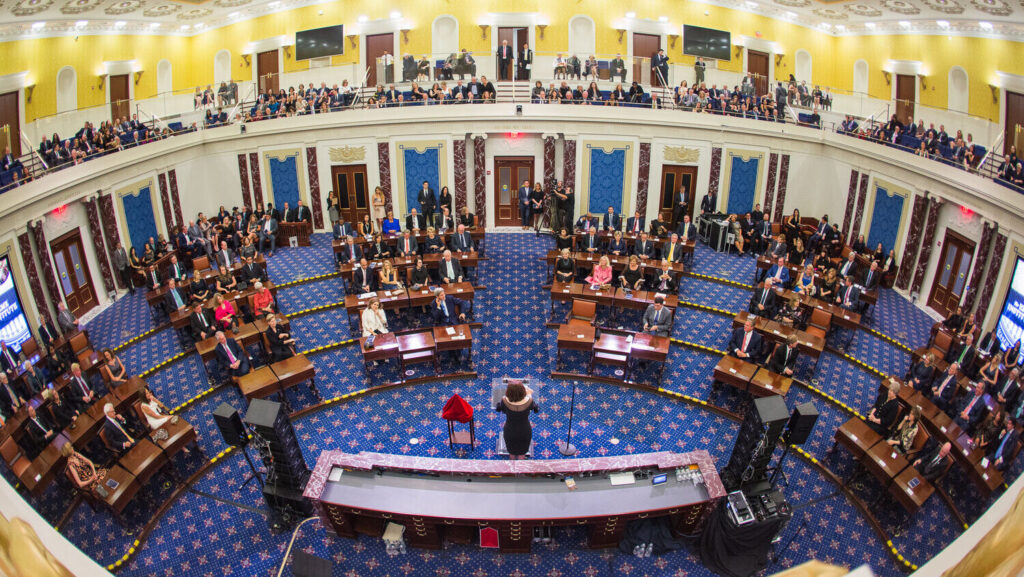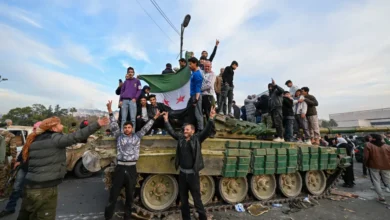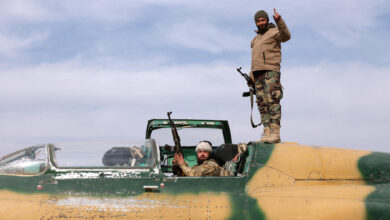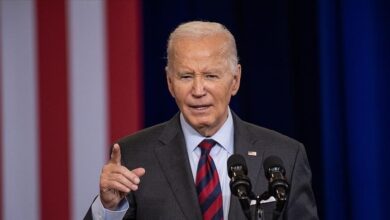
Recent Israel’s military actions in Lebanon and the region, especially the slaying of Hezbollah’s leader Sayyed Hassan Nasrallah, the United Nations Security Council is being called to an emergency meeting by Iran to take place. A substantial escalation in the continuous conflict now marks a turning point between hezbollah, an iranian-supported militant lebanese group, and israel. Beirut’s southward suburbs witnessed an airstrike at Hezbollah’s central command headquarters where Israel confirmed the death of Nasrallah. In a separate strike, the Israeli military claimed responsibility for slaying another high-ranking intelligence official, Hassan Khalil Yassin, who was also being targeted by the Israeli military. Hezbollah has yet to release a statement in connection with Yassin’s death.
Iran views Israel’s actions not exclusively as a direct threat to Hezbollah, but also as a direct threat to its strategic interests in the region. Iran’s envoy to the UN wrote to the Security Council, phoning for rapid intervention to avert heightening tensions subsequent his censure of the attacks. The letter stressed that Persian diplomatic premises should be beyond attack and violation; the envoy urged restraint from assailing Persian diplomatic missions or representatives. Protecting national security and crucial interests, the state of Iran distinctly stated that it will take all essential measures in line with international law to prevent extra hostile acts from seizing place. Hezbollah has been a dominant force in the region’s politics and warfare for decades, with Sayyed Hassan Nasrallah’s demise being a significant setback for the party. Since the initial 1990s, Nasrallah has been pivotal in molding Hezbollah’s military and diplomatic strategies, especially its resistance against Israel, a role he has led. The organization and the broader area may face significant instability because of to his approving establishing a void in the leadership within Hezbollah.
Hezbollah and alternative Iran-backed forces in Lebanon and Syria are the target of an intensifying campaign which includes Israel’s airstrikes in Beirut. Israel views these actions as essential to mitigate the creating presence of Iran and its allies in the region. Israel’s security is stated to be at risk scheduled to a direct threat presented by Hezbollah’s spacious arsenal of rockets and its near proximity to Israel’s northern border. Hezbollah weapons depots, supply routes, and veteran commanders have been the main point of Israel’s heightened military operations in current years. Fears of a broader conflict spreading beyond Lebanon and Israel have further swollen tensions across the Middle East. Subsequent a missile launch from Yemen, sirens sounded across primary Israel, adopting in Tel Aviv. Incidents like this one have highlighted the enhancing influence of supported by Iran forces – who include the Houthi rebels – involved in a conflict with a coalition led by Saudi Arabia in Yemen, even though the Israeli military intercepted the missile.
Concerns are plummeting about an total war pulverizing out as Iran seeks a United Nations Security Council meeting scheduled to the intensifying Israeli conflict with Hezbollah. Iran has steadily backed Hezbollah, demonstrating economic, armed, and operational assistance, pertinent the organization as a vital element of its regional plans. The impending threat of Israeli air strikes could initiate Hezbollah’s retaliatory actions, thus advancing in various regional forces, which might escalate the situation into a dangerous and shaky state. Worldwide authorities are watchfully observing the situation, as many governments advocate for calm and favor harmonious negotiations to avoid escalation. Given the established stances of Israel and Hezbollah, a swift resolution to their conflict remains improbable. The invitation for a UNSC meeting in Iran has created an opportunity for candid communication, but its latent to ease present hostilities is doubtful at this point.




